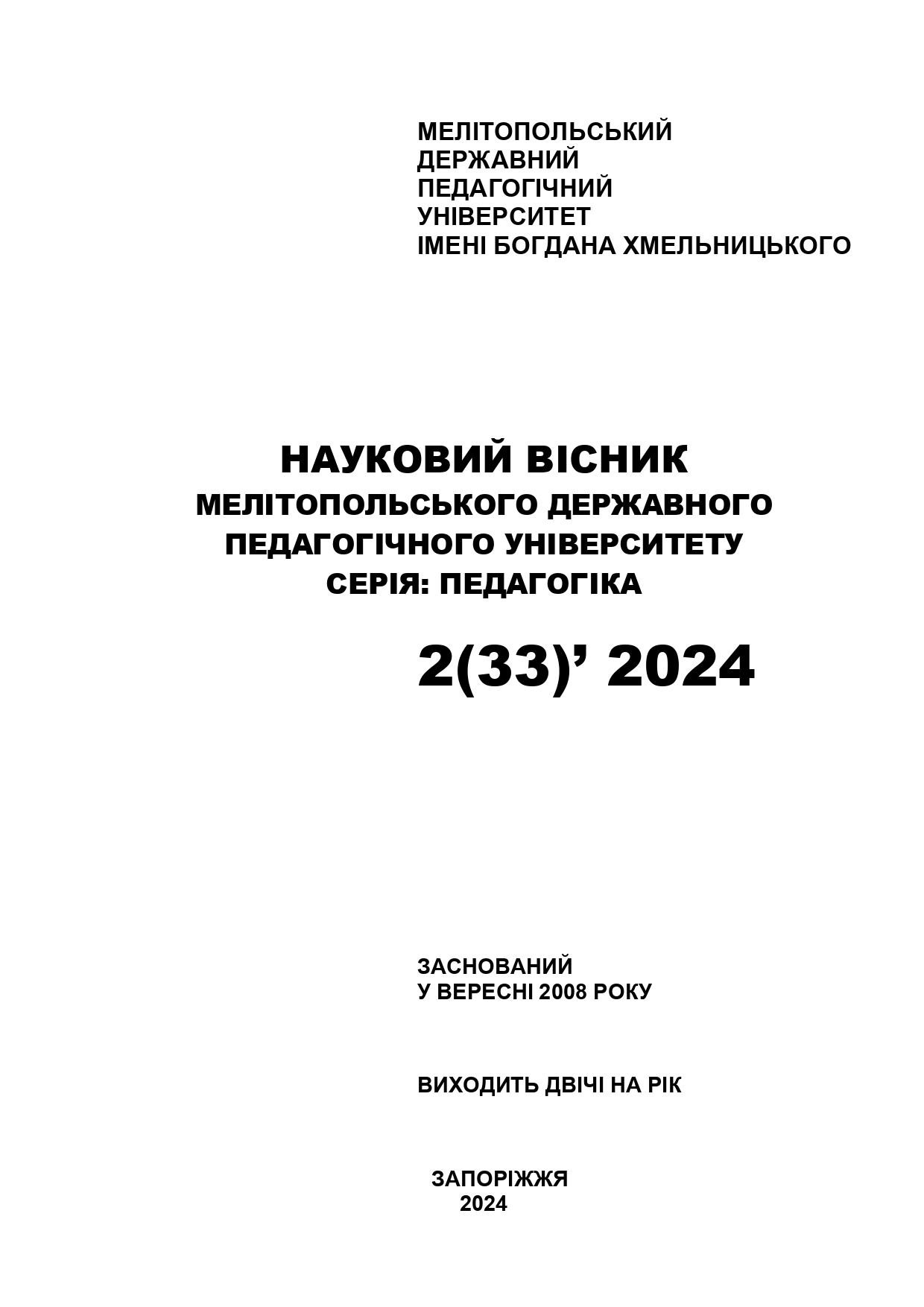Organizational principles of digital transformation of vocational and technical education institutions
Abstract
The purpose of the study is to analyze modern approaches to the digitalization of the educational process, identify key components of transformation and justify their importance for the modernization of education in the digital economy. Special emphasis is placed on identifying tools and strategies that contribute to the adaptation of education institutions to modern technological challenges. The study is based on theoretical methods. An analysis of scientific sources and practices of digital transformation in vocational education was conducted, a comparative method was used to assess international and national experience of digitalization. The systematic approach allowed us to consider digital transformation as a holistic process that includes the interaction of infrastructure, personnel, educational and regulatory components. The study identified key components of the organizational foundations of digital transformation, including strategic planning, development of digital infrastructure, increasing the digital competence of personnel, integration of digital tools into the educational process, financial support, administrative management and progress monitoring. Particular attention is paid to the development of models for the implementation of adaptive and blended learning, the integration of simulations and virtual laboratories into curricula, as well as the automation of administrative processes. Recommendations are proposed for the development of digital competencies of teachers, the creation of conditions for digital inclusion and the involvement of business in the formation of curricula. The study has confirmed the need for a comprehensive approach to the digital transformation of vocational education institutions, which is based on strategic planning, investments in the technological base, personnel training and regulatory support. The implementation of the developed model will contribute to improving the quality of education, the development of professional and digital competencies of students, and will also ensure that curricula meet the challenges of the modern labor market. The conclusions formulate recommendations for further research aimed at developing adaptive models of digitalization, integrating artificial intelligence into the educational process and ensuring digital inclusion in education institutions.




